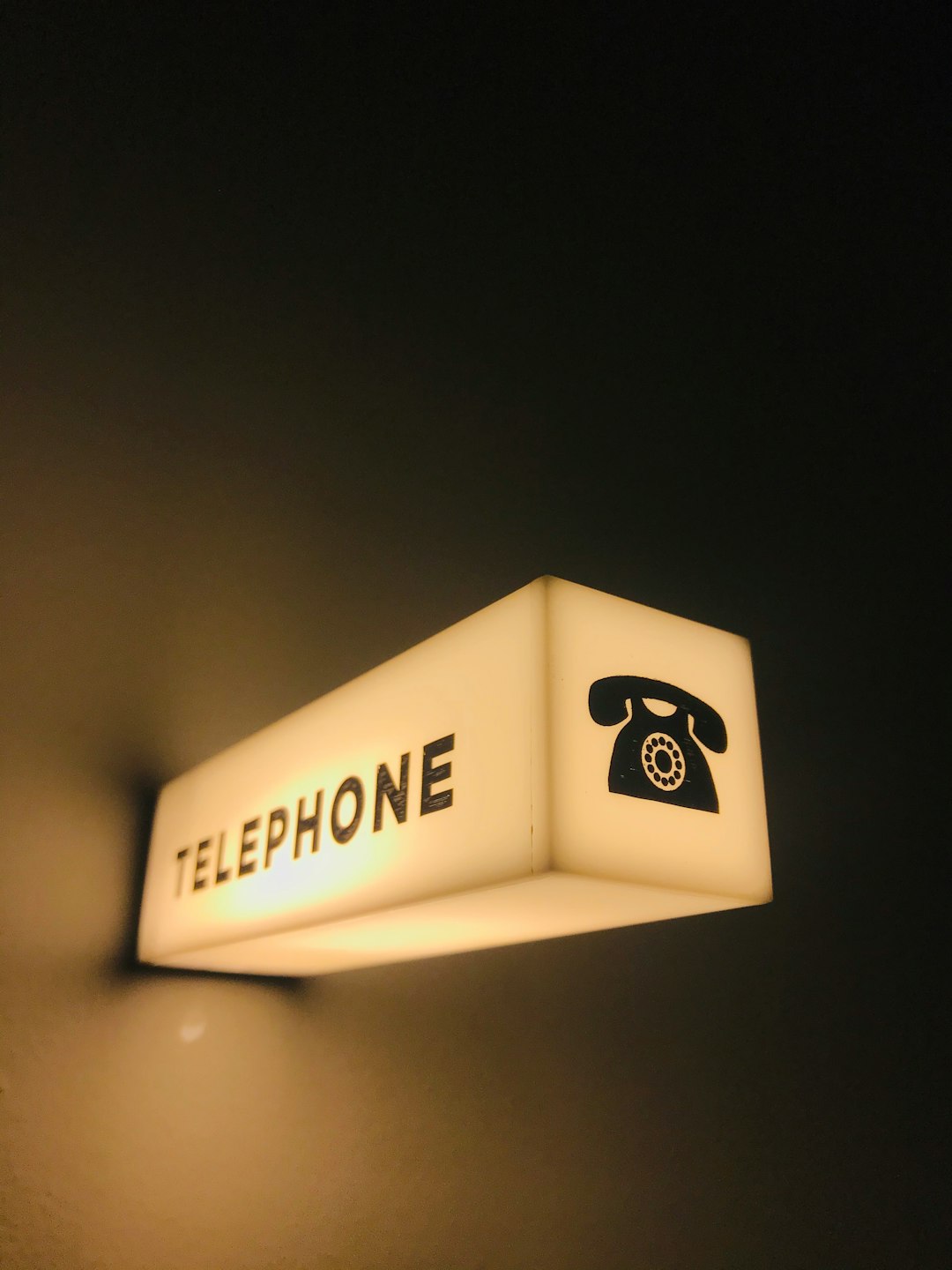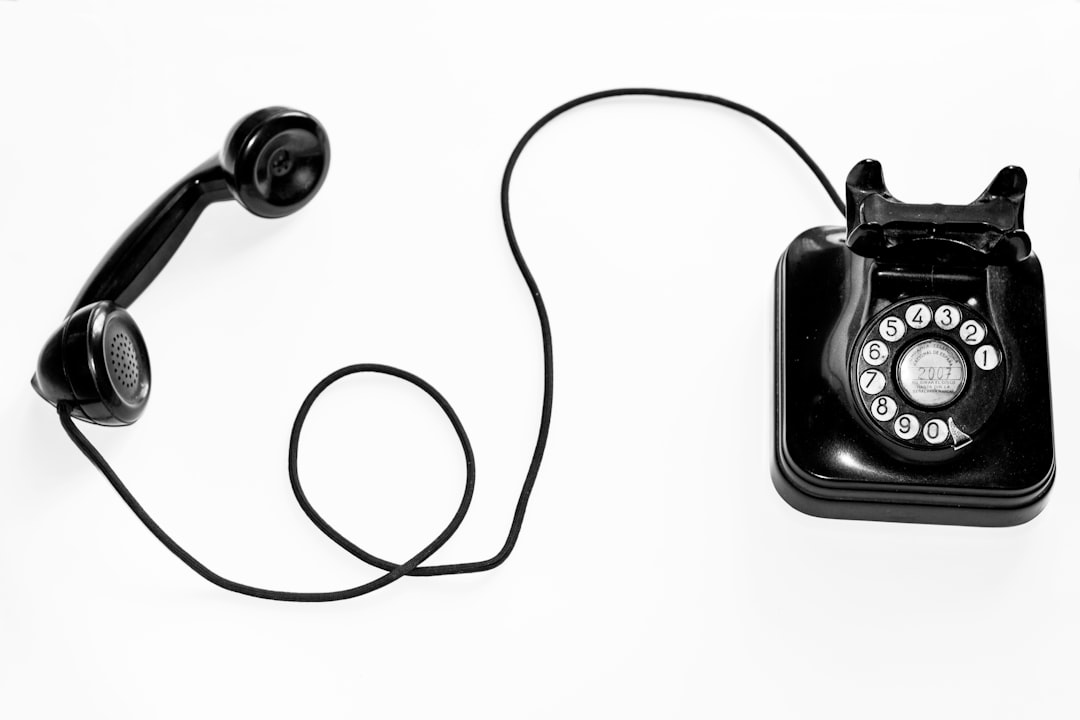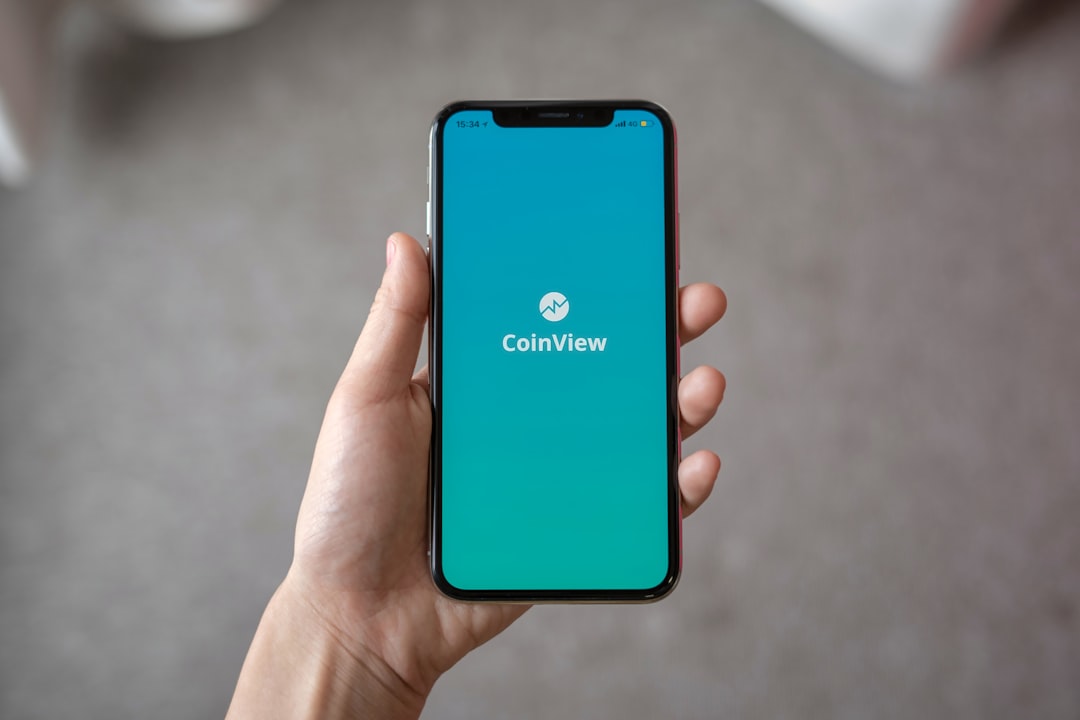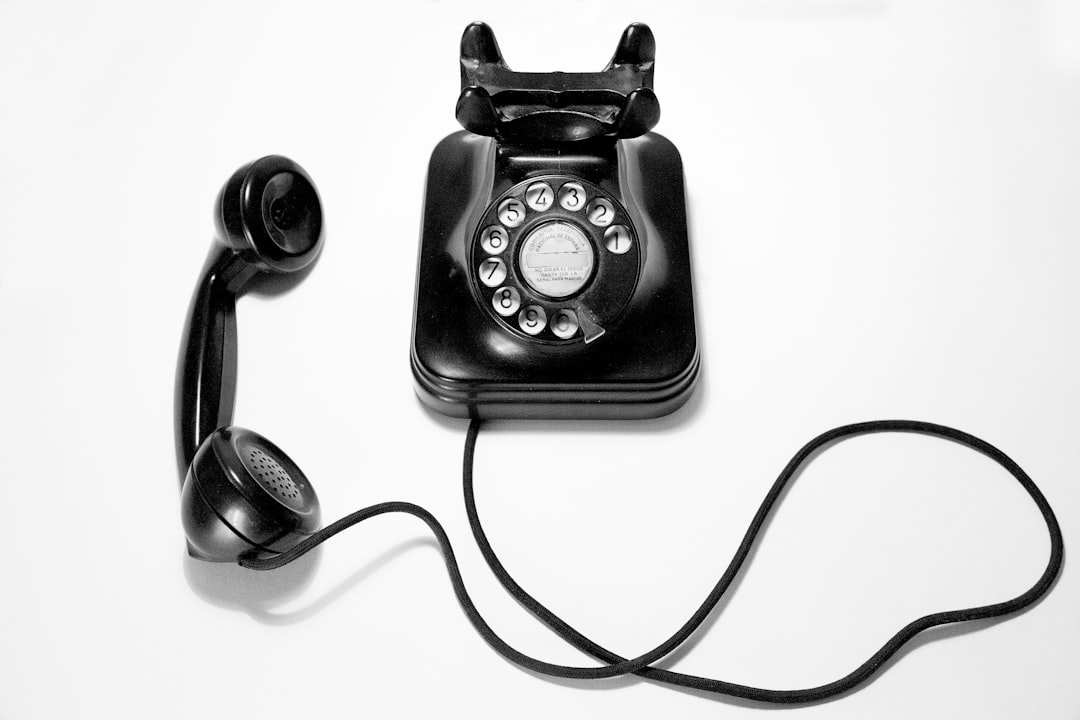In Virginia, unwanted robocalls are regulated by the Telephone Consumer Protection Act (TCPA), allowing consumers to take legal action if they've received prerecorded or automated calls without consent, especially for personal/financial info. Understanding TCPA rights empowers consumers to combat robocalls, including suing telemarketers under Virginia law. Documenting call details, reviewing laws, and consulting an attorney are crucial steps for considering legal recourse regarding can I sue for robocalls in Virginia.
In today’s digital age, unwanted robocalls have become a ubiquitous nuisance. With mounting concerns over privacy and consumer protection in Virginia, understanding when these automated calls are legal becomes essential. This article delves into the intricacies of robocalls, focusing on Mount Jackson’s Meems Bottom Covered Bridge as a case study. We explore legal rights, consent issues, and practical solutions to block such calls. Additionally, we guide you through steps to take if you’ve received a bogus call, including the possibility of suing for robocalls in Virginia.
Understanding Robocalls and Legal Rights in Virginia

Robocalls, or automated phone calls from unknown numbers, have become a common nuisance for many Virginia residents. While some may be promotional in nature, others are fraudulent attempts to gather personal information or lure individuals into scams. In the face of these unwanted calls, it’s essential to understand your legal rights under Virginia law.
In Virginia, there are strict regulations against certain types of robocalls, particularly those made without prior consent. The Telephone Consumer Protection Act (TCPA) provides consumers with the right to sue for damages if they receive prerecorded or automated calls from telephone marketers after not giving explicit permission. If you’ve been disturbed by relentless robocalls, especially those targeting personal information or financial data, it may be worthwhile to explore your options and consider legal action against the culprits, including potentially suing for robocalls in Virginia.
When Is It Legal: Phone Marketing and Consent

In the age of digital connectivity, phone marketing has evolved, often blurring the lines between legitimate communication and unwanted robocalls. Understanding when it’s legal to receive calls is essential for consumers in Virginia, who may wonder if they have recourse against persistent or fraudulent calls.
The Telephone Consumer Protection Act (TCPA) governs telemarketing practices in the United States. While some calls are permitted without explicit consent, such as calls for emergency purposes or non-commercial messages from government entities, most marketing calls require prior express written consent. This means businesses must obtain permission from recipients before initiating automated or prerecorded telephone calls for promotional purposes. If you’ve received unwanted robocalls and believe your rights have been violated, consulting with a legal professional to explore potential actions, including seeking damages under the TCPA, is advisable. Additionally, understanding your state’s specific laws regarding phone marketing, such as Virginia’s regulations on Can I Sue For Robocalls, can empower consumers to protect themselves from intrusive calls.
Mount Jackson's Meems Bottom Bridge: A Case Study

Mount Jackson’s Meems Bottom Covered Bridge is more than just a historical landmark; it serves as a compelling case study for the impact of modern technology on daily life. In recent years, residents in and around this quaint Virginia community have faced a persistent issue—bogus robocalls. These automated, unsolicited phone calls, often posing as legitimate organizations, have become a nuisance, leading many to wonder: Can I sue for robocalls in Virginia?
The bridge, a picturesque covered structure that has stood the test of time, symbolizes the town’s resilience against modern challenges. Similarly, residents are finding creative ways to combat robocalls, combining technological solutions and legal options. By understanding the Meems Bottom Bridge as a microcosm of this broader issue, we can appreciate both the historical value of our communities and the innovative strategies needed to protect them from intrusive phone calls in the digital age.
Blocking Calls: Tools and Techniques for Protection

Mount Jackson’s Meems Bottom Covered Bridge is not only a historic landmark but also a symbol of resilience in the face of modern-day nuisances, particularly unwanted robocalls. Blocking calls has become an essential technique for residents in Virginia and across the country to protect their peace of mind. There are several tools available that can help combat this issue.
One effective method is using call blocking apps and devices that identify and filter out automated or unknown numbers. These tools often employ advanced algorithms to recognize robocalls, preventing them from reaching your phone. Additionally, many phone service providers offer call-blocking features as part of their plans. For those who want more control, there are sophisticated systems that allow users to create personalized blocklists, ensuring that only desired calls reach their line. Furthermore, reporting these nuisance calls to the Federal Trade Commission (FTC) is crucial; it helps track and penalize offenders, potentially leading to legal repercussions, especially when considering if you can sue for robocalls in Virginia or other states.
Can You Sue: Steps to Take After a Bogus Call

If you’ve received a bogus call, especially if it’s been frequent or harassing, you might be wondering if you can take legal action and can I sue for robocalls Virginia. The first step is to document everything. Note down the date and time of each call, the number from which they originated, and any specific details about the caller’s message or requests. This information will be crucial if you decide to file a complaint with the Federal Trade Commission (FTC) or take further legal action.
Next, review your state’s laws regarding telemarketing and consumer protection. Virginia has specific regulations in place to combat unwanted calls, including provisions for suing telemarketers who violate these rules. Seek legal advice from an attorney specializing in consumer rights to understand your options and the best course of action based on your unique situation.






